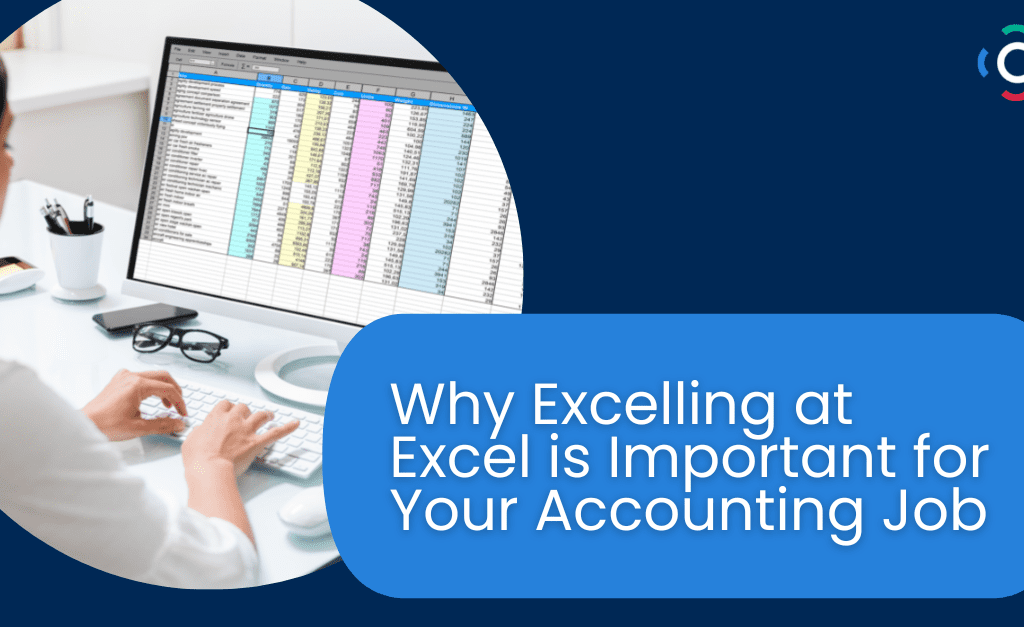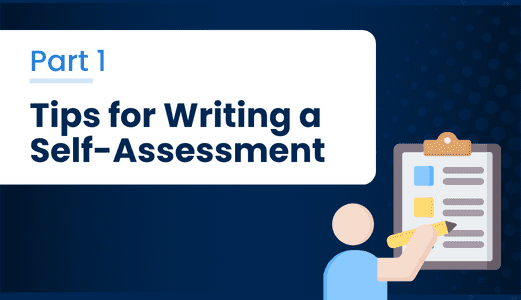Mastery of Microsoft Excel is a must-have skill for accountants and a key to their professional growth. Here’s how you can accelerate your career by knowing how to leverage excel.
As accounting and finance recruiters in Toronto, our job involves not only understanding our candidates’ strengths but also identifying some of their weaknesses. To determine whether a candidate is the right fit for a position, it’s important to know not only what they’re capable of, but also what they can’t yet do, whether from a lack of professional training or a gap in their experience. Too often, we see individuals trying to market themselves beyond their skills and capacity in an attempt to land a more desirable job – for example, junior- and intermediate-level accountants upselling themselves as advanced-level accountants.
Skills inflation is a much broader problem in recruitment circles; it’s one of the reasons why many new hires struggle at their jobs. But candidates seem especially prone to overstating their competency with Microsoft Excel, which has long been a hugely important platform for accountants of every level and designation. It’s all too common to see people stretch the truth about how versed they are in using the popular spreadsheet application.
Unfortunately, it’s hard to feign excellence with Excel. There are significant differences between an intermediate accountant’s aptitude with the program and an advanced accountant’s savvy with it. Learning to excel at Excel is a great accounting career move. Though you’ll need to be patient and pay your professional dues in order to work your way up the ladder – much like everyone else – developing superior Excel skills can ultimately help you get the job you really want.
It’s a tried and true resource
For financial insight and analysis, crunching numbers and compiling non-numerical data, Excel continues to be the tool of choice throughout the accounting and finance field. Having made its debut in 1985, Excel remains a mainstay in most industries, despite rampant technological changes. Used for analyzing data, managing budgets, forecasting and modeling financial performance, it’s a staple of business today.
Unfortunately, it’s hard to feign excellence with Excel.
In a recent post on his blog, James Kwak has stressed Excel’s ongoing relevance in the finance and business sectors alike. Writes Kwak: “Excel is everywhere you look in the business world—especially in areas where people are adding up numbers a lot, like marketing, business development, sales, and, yes, finance. For all the talk about end-to-end financial suites like SAP, Oracle, and Peoplesoft, at the end of the day people do financial analysis by extracting data from those back-end systems and shoving it around in Excel spreadsheets. I have seen internal accountants calculate revenue from deals in Excel. I have a probably untestable hypothesis that, were you to come up with some measure of units of software output, Excel would be the most-used program in the business world.”
It allows for heavy analysis
Excel offers users the ability to undertake intense qualitative analysis, which is part of the reason it’s so invaluable in the accounting and finance industry. The program lets you input and interpret masses upon masses of data, and can intuit the direction of numbers and statistics as you manipulate them.
Intermediate-level accountants are typically expected to know things like how to use VLookups and HLookup functions and pivot tables. Advanced accountants, on the other hand, should know how to write macros and do visual basic programming, or VB scripting.
“Excel is everywhere you look in the business world…Excel would be the most-used program in the business world.”
It will move you up the corporate ladder
Excel is the core tool for most accounting firms, used to forecast and facilitate a company’s growth, as well as to help decision-makers determine what a system needs and what changes should be implemented. Even if you hate Excel, it’s one of those platforms you can’t avoid in the accounting world, no matter how senior a position you hold. Accounting analysts, managers, and even directors, are expected to have mastered it and be able to use it with the utmost efficiency. To stay in accounting, you’ll have to learn to love it – or at least to use it properly.
These skills require practice and experience; a junior accountant simply can’t fake what she has yet to learn or develop. The good news? If you have some time and energy (and, possibly, money) to commit to learning the more complex Excel functions, you will be a seriously valued commodity among public and private firms alike. There are endless resources available – books, web videos, and the like – that can help you master the intricacies of the software. Consider investing in an Excel course if you have to. This will help you access both a higher level of expertise, and, over time, a superior job pool.
So quit lying about your experience with Excel. Instead, commit yourself to really learning the ins and outs of the tools it puts at your disposal, so that you can really Excel-erate (we’re so sorry) your accounting career!
Let us know what you think! At Clarity Recruitment, we’re always interested in hearing from accounting and finance professionals like yourselves, who are ready for new, exciting opportunities that can take their careers to the next level. And be sure to follow us on Twitter (@clarityrecruits) and connect with us on Facebook for more great tips and advice!




